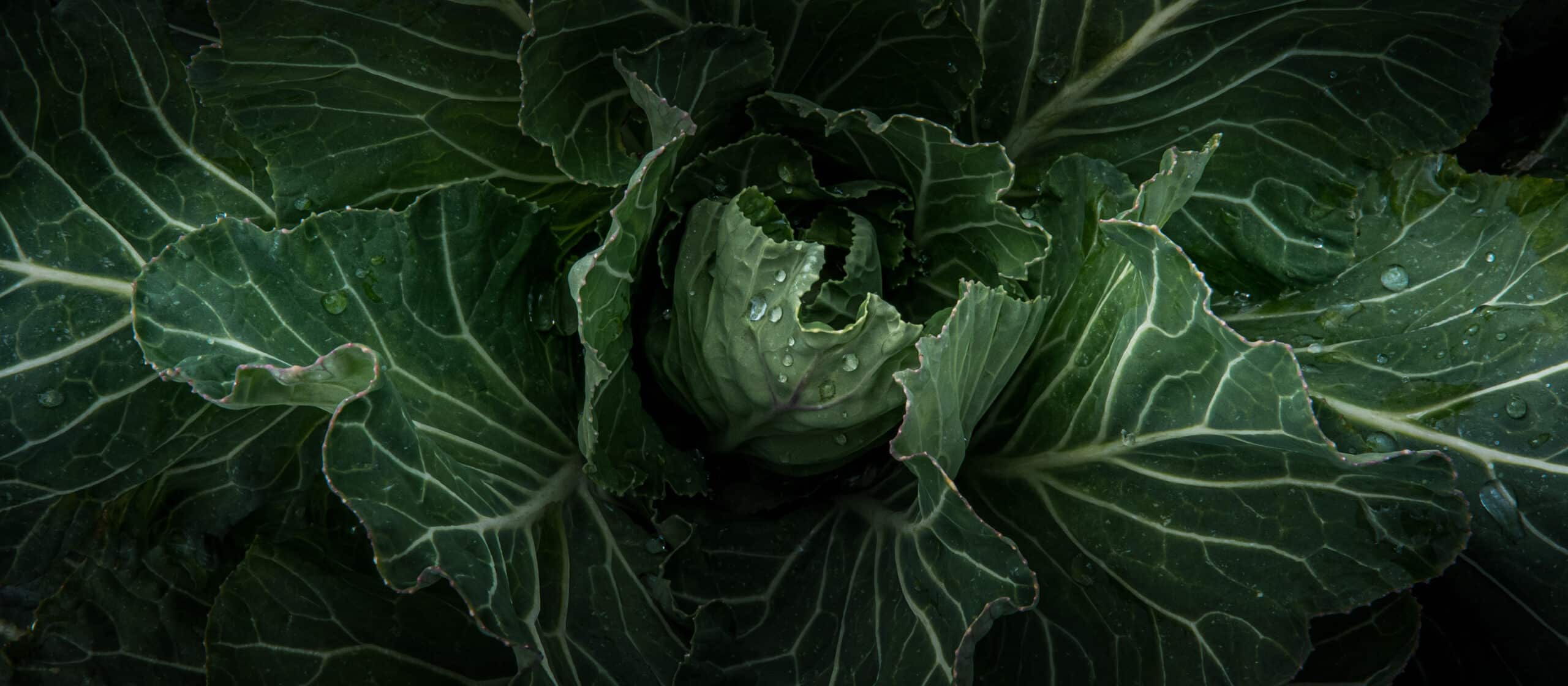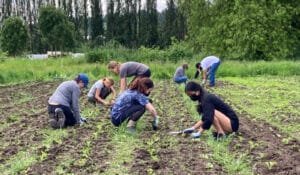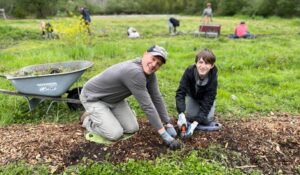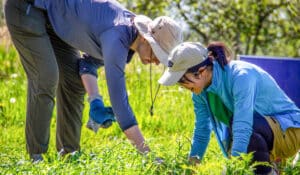
Sustainable Food Systems: What is happening in Washington and how does it affect you?
Sustainable Food Systems: What is happening in Washington and how does it affect you?
- posted on: March 29, 2015
- posted by: 21 Acres
"*" indicates required fields

On the Tuesday evening of March 24th, 21 Acres hosted Ellen Gray, Executive Director of the Washington Sustainable Food & Farming Network, and Lindsey Webb, Food Programs Manager of the Millionair Charity Club in Seattle. Gray comes from a farming background and has worked in food politics for decades advocating for a more just food system and aiming to break down barriers for Washington farmers to sell their food to local schools and institutions. Active programs such as Fresh Food in Schools project connected 44 local farmers to 20 school districts across the state which has also accomplished a 717% increase in dollars spent by schools for Washington state grown fruits and vegetables since 2010. Gray told a story about how a school in Mount Vernon, WA received fresh carrots from a farm down the road and it was an eye-opening experience for teachers and students to see the green tops of the veggies which demonstrated that it’s real food that came from a farm in their own community and not processed in an entirely different state. The education involved in changing these types of policies for a more sustainable food system are really pivotal for also providing a boost in the local economy and a decrease in health issues due to eating more nutritional foods.
There are some amazing people out there working towards creating a more sustainable system for food and Lindsey Webb is doing that in Seattle — Webb works as the Food Programs Manager at the Millionair Charity Club that helps to reintegrate people into new employment opportunities and provides services many people take for granted such as doing laundry and having access to an eyeglass clinic. Webb works to provide nutritional foods for their Club’s meal programs which is sourced in their sustainable hydroponic farm located in their basement. The food travels 100 feet maximum before the fresh leafy greens are rinsed, chopped, and served with a dressing to dozens of people throughout the week. This is a huge step toward using local food systems for meal programs because much of the country still uses fossil fuels to transport food thousands of miles before it ends up in a grocery store or on your plate. However, we can change that.
Sustainable food systems can be as simple as shopping the farmer’s market in your town or growing your own vegetables or herbs in your home. There are also ways to supplement your ingredients for meals through local efforts such as in food hubs or CSAs (community supported agriculture). Then if you’re really passionate about striving to change the larger food network, there are people that are meeting and discussing the food system structure and they need your input on how things should be done.
If you missed out on March’s Tuesday at 21 program, or have more questions about getting involved, contact the Washington Sustainable Food & Farming Network for more information, or take a tour of the hydroponic farm at the Millionair Charity Club. 21 Acres also has a Certified Organic farm and farm market which you can shop for fresh, local produce and value-added products, and get a tour of the commercial kitchen and green building.
Join us for next month’s Tuesday at 21 for April’s event on “Biochar: Creating Clean Energy and Building Healthy Soils.” This presentation will draw on Seattle Biochar Working Group’s (SeaChar.org) Farm Stove Project in Costa Rica to illustrate how biochar technology can increase sustainability in Pacific NW food production. The evening will feature a demonstration of the burning stove and biochar properties as well as an interactive presentation of its use and benefits to gardeners, farmers, and sustainability enthusiasts alike! Join us for this exciting evening on April 28th from 7-8:30pm and RSVP online.
–Aaron











 back to blog overview
back to blog overview








